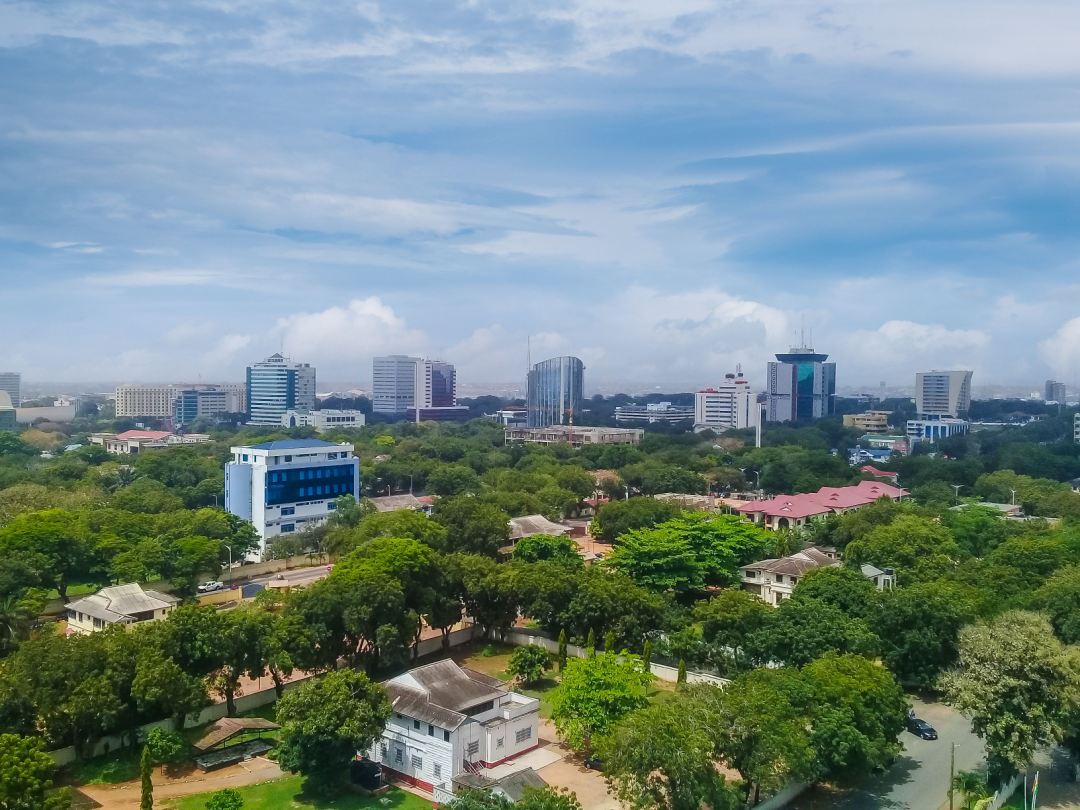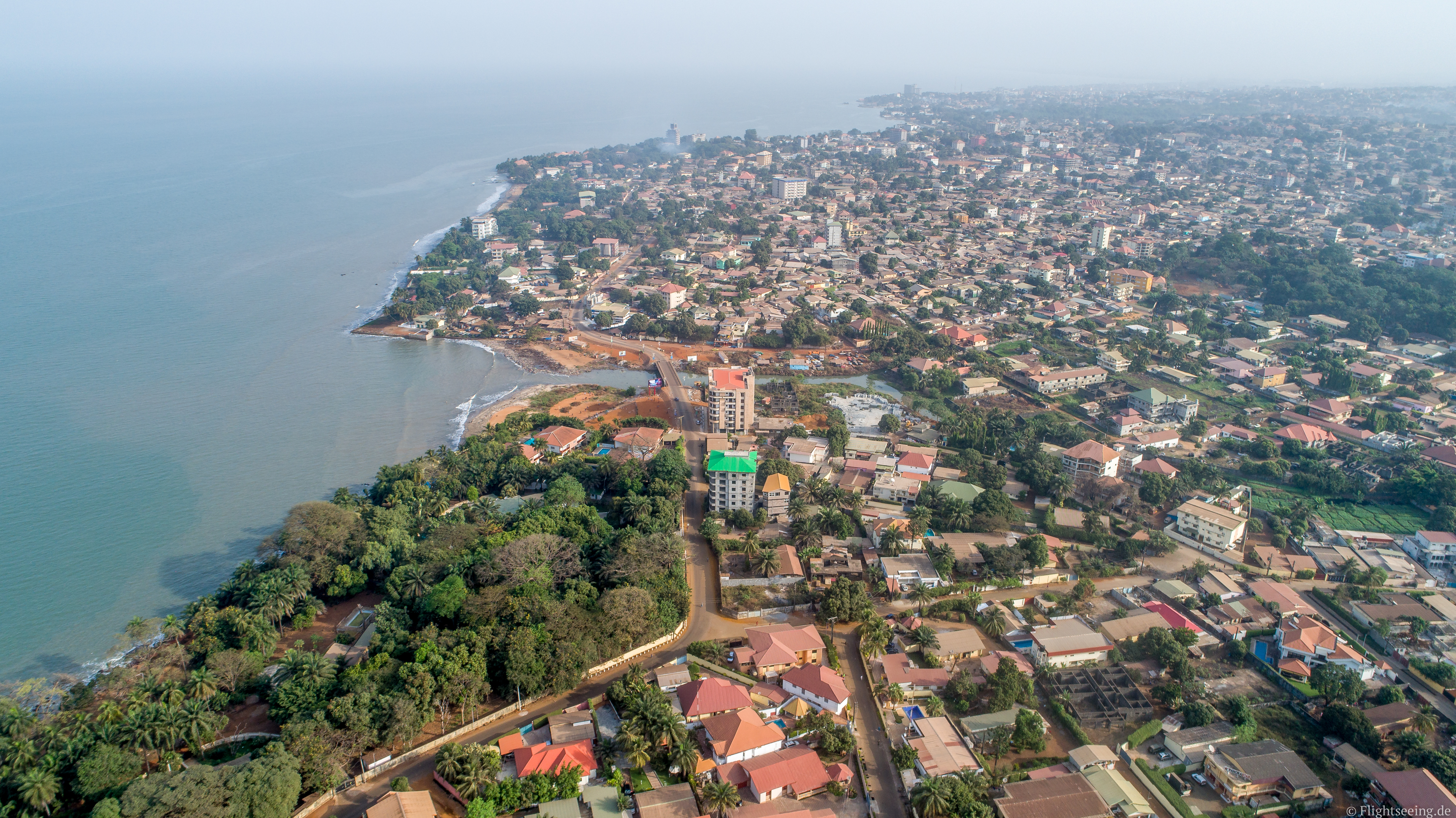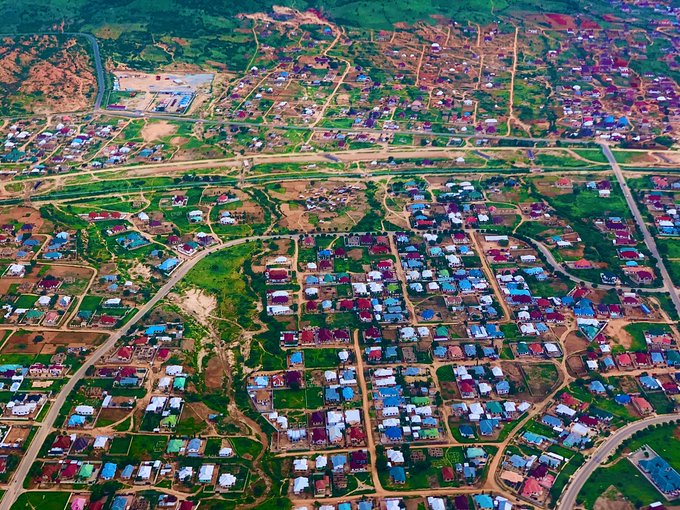
Ghana National Infrastructure Risk and Resilience Assessment
Ghana National Infrastructure Risk and Resilience Assessment
1 November, 2022Context
As a result of climate change Ghana is expected to experience more acute climate hazards such as flooding, as well as more frequent and intense droughts. This threatens the socio-economic development that has helped Ghana to become a middle-income country. Climate-related extreme events have the potential to put years of progress toward growth and development targets at risk.
To safeguard and enhance its national development, it is essential that Ghana adapts to the
expected harmful impacts of climate change. This includes adaptation of key infrastructure
sectors, which form the backbone of Ghana’s economy and society and play a central role in
underpinning its future development. Such adaptation will have to be predicated on sound research and assessments
In an effort to mitigate the impact of climate change on Ghana’s infrastructure systems, in July 2020 the Government of Ghana and the Global Center on Adaptation decided to undertake a national assessment of the impacts of climate change on Ghana’s national infrastructure and to identify adaptation measures to mitigate these impacts. The assessment identified 35 adaptation project concepts to address the overarching climate risks to energy, transport and water infrastructure.
Objectives
The objectives of the project are to complete a climate hazard and risk assessment and a City Scoping Study for Accra. Specifically:
- To systematically assess the need for climate adaptation in the energy, water and transport sectors, in high-resolution, across the whole of Ghana
- To collaboratively plan a prioritised roadmap of appropriate, government-led investments and policies to respond to key needs, and to present these adaptation options as a series of project concept notes
- To strategically identify potential sources of financing for the project concepts in the roadmap to help advance them from concept phase to feasibility studies and, ultimately, implementation.
AAAP added value
- Inform future discussions surrounding climate adaptation investments.
- Technical guidance to firms towards developing well-informed analyses.
Expected Outcomes
- Ghana has a completed climate hazard and risk assessment and Accra has a completed City Scoping Study.
Ghana establish and maintain and research and information base to advice and inform infrastructure planning.
These studies will be combined with the National Climate Risk Assessment carried out by the Infra/NBS team and will be presented at a future Ghana Investors Roundtable.
Expected impacts
-
A Risk-Informed Urban Planning process for the Accra Metropolitan Assembly region through to 2050 established for the Accra metropolitan area;



